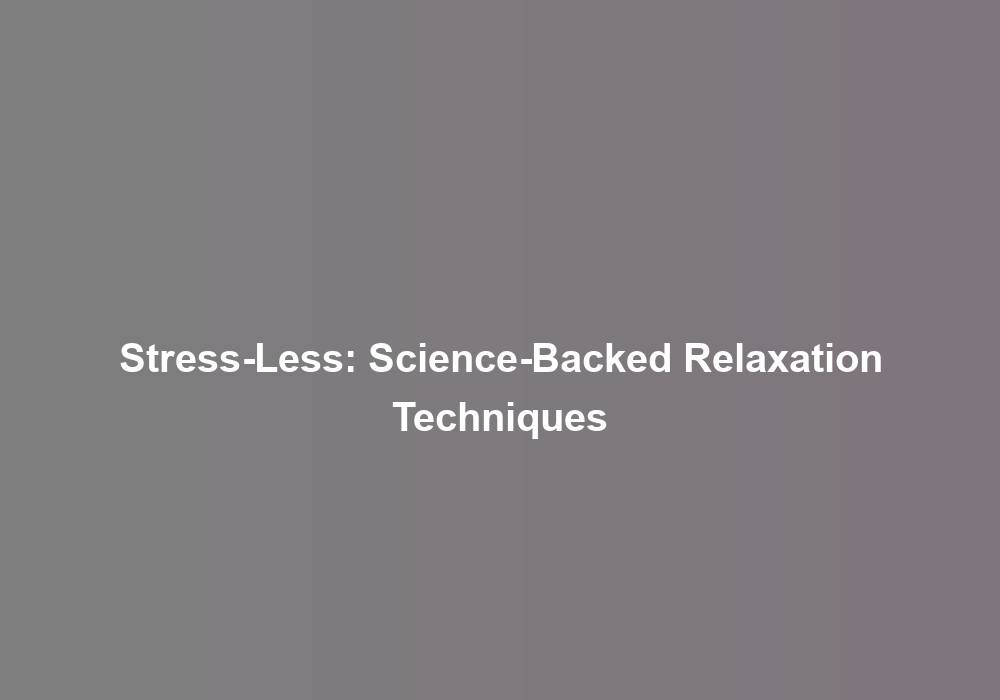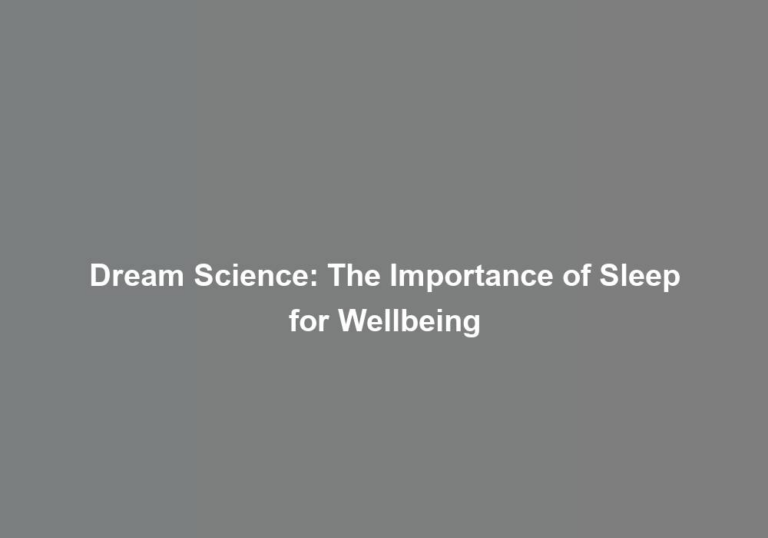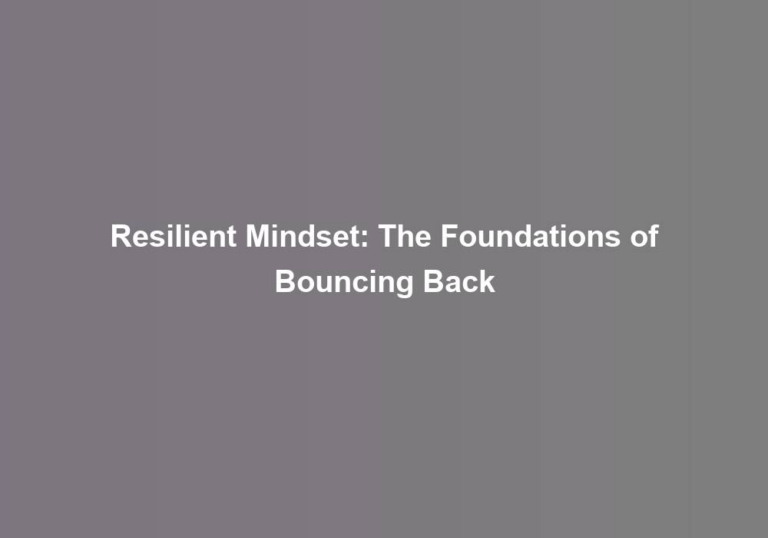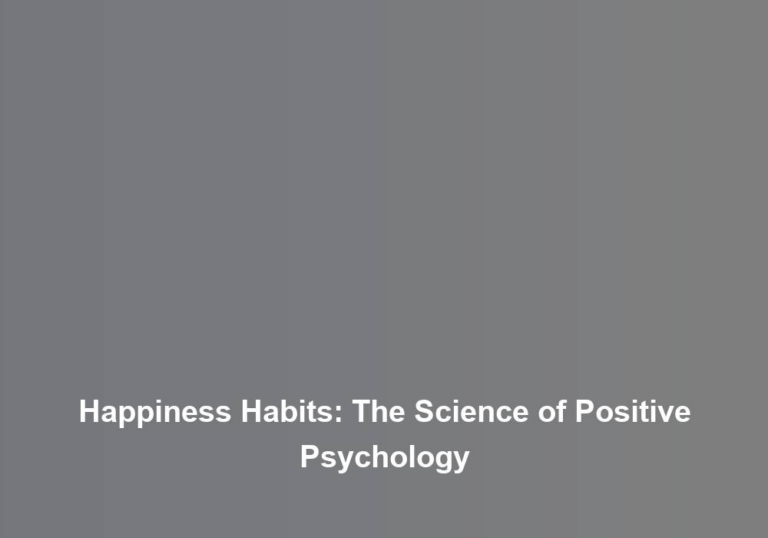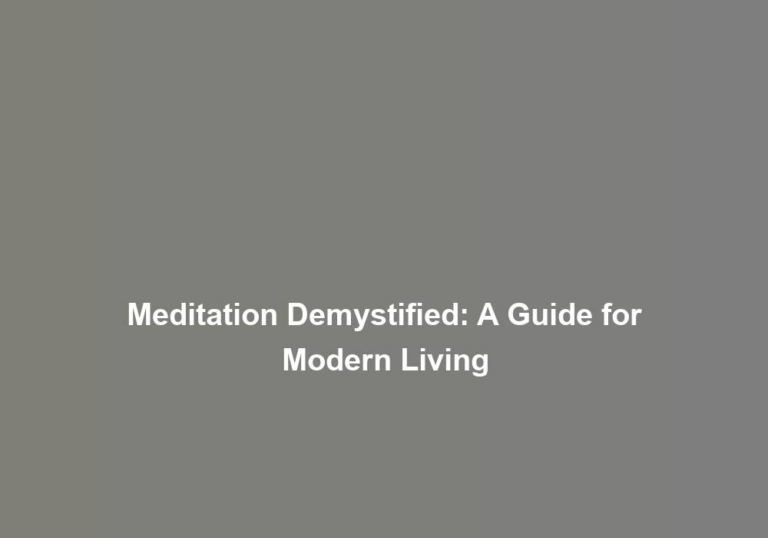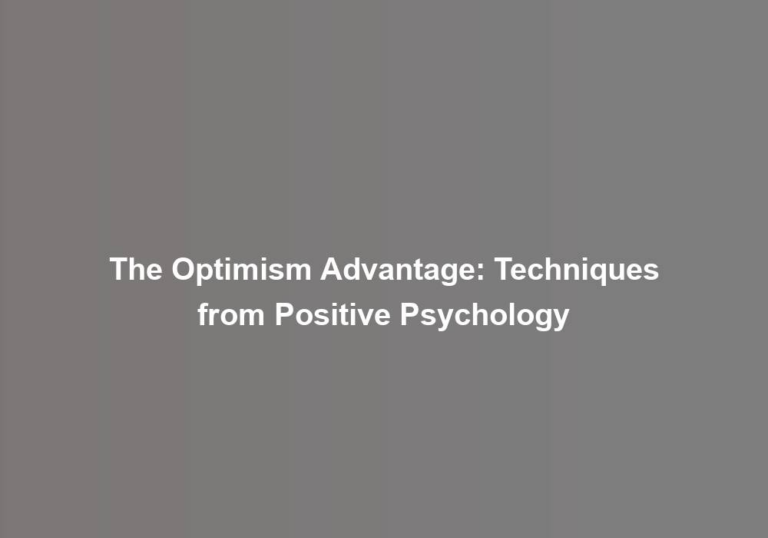Stress-Less: Science-Backed Relaxation Techniques
Feeling frazzled and fatigued from the frenzy of everyday life? In a world filled with constant commotion, itG??s crucial to find effective ways to unwind and alleviate stress. Luckily, science has uncovered a plethora of proven relaxation techniques that can help you restore serenity and balance. From simple breathing exercises to the soothing power of aromatherapy, thereG??s a treasure trove of techniques waiting to be explored. So, why not explore these science-backed methods to discover the key to a calmer, more tranquil state of mind?
Understanding Stress and Its Impact
Understanding stress and its impact can significantly influence your overall well-being and quality of life. Stress is a natural response to the demands of life, but when it becomes overwhelming, it can have detrimental effects on your physical and mental health. Fortunately, stress management and stress reduction techniques can help you regain control and improve your well-being.
Stress management involves taking proactive steps to deal with the sources of stress in your life. This can include identifying stress triggers, practicing time management, setting realistic goals, and learning to say no when necessary. By implementing these strategies, you can effectively reduce the impact that stress has on your daily life.
Furthermore, stress reduction techniques such as deep breathing, meditation, and progressive muscle relaxation can help calm your mind and body, allowing you to better cope with stressors. Engaging in physical activity, spending time in nature, and nurturing social connections are also effective ways to alleviate stress and promote a sense of well-being.
Breathing Techniques for Instant Calm
To instantly calm your mind and body in the face of stress, mastering simple breathing techniques can be incredibly effective. Deep breathing triggers the bodyG??s relaxation response, reducing the production of stress hormones and promoting a sense of calm. Here are some effective breathing techniques for instant calm:
-
Diaphragmatic Breathing: Focus on breathing deeply into your diaphragm, allowing your abdomen to rise as you inhale and fall as you exhale. This technique promotes relaxation and reduces tension in the body, helping to alleviate stress.
-
4-7-8 Breathing: Inhale deeply for a count of 4, hold your breath for a count of 7, and then exhale slowly for a count of 8. This technique helps regulate your breath, calm your nervous system, and promote relaxation.
-
Equal Breathing: Inhale for a count of 4, then exhale for a count of 4. This technique helps to balance the breath, calm the mind, and reduce stress and anxiety.
-
Alternate Nostril Breathing: Close one nostril and inhale through the other, then close that nostril and exhale through the opposite one. This technique can help balance the left and right hemispheres of the brain, promoting a sense of calm and relaxation.
-
Breath Counting: Simply count your breaths as you inhale and exhale. This technique helps to focus the mind, reduce stress, and promote a sense of calm and well-being.
Mastering these simple breathing techniques can provide instant relief in times of stress, helping you to regain a sense of calm and control.
Mindfulness and Meditation Practices
Practice mindfulness and meditation to cultivate a sense of inner peace and mental clarity. Mindfulness benefits go beyond just reducing stress; it can also enhance your overall well-being. By paying attention to the present moment without judgment, you can develop a greater awareness of your thoughts and feelings. This awareness can help you better understand and manage your emotions, leading to a more balanced and contented state of mind.
Meditation techniques offer a variety of approaches to help you achieve a state of calm and relaxation. One popular method is mindfulness meditation, where you focus on your breath and observe any thoughts or sensations that arise without getting caught up in them. This practice can help you become more present and less reactive to stressors in your life. Another effective technique is loving-kindness meditation, which involves directing feelings of compassion and goodwill towards yourself and others. This practice can foster a greater sense of connection and belonging.
Engaging in mindfulness and meditation practices can also lead to physical benefits, such as reduced blood pressure, improved sleep, and enhanced immune function. These practices offer a sanctuary for your mind, allowing you to step away from the chaos of everyday life and find a quiet space within yourself. By incorporating these techniques into your routine, you can nurture a sense of inner peace and mental clarity, ultimately promoting a more harmonious and fulfilling life.
The Power of Progressive Muscle Relaxation
Indulge in the sensation of gradually releasing tension from your muscles and experience the power of progressive muscle relaxation. This technique involves tensing and then slowly releasing each muscle group in your body, promoting a deep sense of physical and mental relaxation. HereG??s why progressive relaxation is so effective:
-
Increased Body Awareness: Progressive relaxation allows you to become more attuned to the physical sensations in your body. This heightened awareness can help you recognize and release muscle tension that you may not have been aware of before.
-
Stress Reduction: By systematically relaxing your muscles, you can significantly reduce overall muscle tension. This, in turn, can help alleviate stress and promote a sense of calm.
-
Enhanced Sleep Quality: Progressive muscle relaxation has been shown to improve sleep quality by helping individuals release physical tension and quiet the mind before bedtime.
-
Triggering the Relaxation Response: This technique can activate the bodyG??s relaxation response, leading to a decrease in heart rate, blood pressure, and muscle tension.
-
Complementary Deep Breathing: When combined with deep breathing exercises, progressive muscle relaxation can amplify its stress-reducing effects and promote a state of deep relaxation.
Incorporating progressive muscle relaxation into your routine can provide a powerful tool for managing stress and promoting overall well-being. As you practice this technique, remember to focus on the gradual release of tension from each muscle group, allowing yourself to fully experience the relaxation response it triggers.
Incorporating Aromatherapy for Relaxation
Enhance your relaxation experience by incorporating aromatherapy, a practice known for its calming and soothing effects on the mind and body. Aromatherapy utilizes the natural scents of essential oil blends to promote relaxation and reduce stress, making it a valuable addition to your relaxation routine. The benefits of aromatherapy are numerous, ranging from improved sleep quality to reduced anxiety and enhanced overall well-being.
One of the primary benefits of aromatherapy is its ability to calm the mind and alleviate stress. Certain essential oils, such as lavender and chamomile, have been shown to have a calming effect on the nervous system, helping to ease feelings of tension and promote a sense of tranquility. By incorporating these soothing scents into your relaxation practice, you can create a more serene and peaceful environment for unwinding and destressing.
In addition to promoting relaxation, aromatherapy can also help improve your quality of sleep. Scents like jasmine and valerian root have been found to have sedative properties, which can aid in promoting a more restful and rejuvenating sleep experience. By diffusing these essential oils in your bedroom or adding a few drops to a pre-sleep bath, you can create a calming bedtime ritual that signals to your body and mind that itG??s time to unwind and prepare for sleep.
Incorporating aromatherapy into your relaxation routine can provide a powerful tool for reducing stress and promoting a greater sense of calm and well-being. Whether through diffusers, bath oils, or massage oils, the soothing scents of essential oils can help create a more tranquil and peaceful environment, allowing you to fully embrace relaxation and recharge your mind and body.
Conclusion
Take a deep breath and imagine yourself in a peaceful place, surrounded by the soothing scents of lavender and eucalyptus. Feel the tension melting away as you practice deep breathing and mindfulness. Visualize your muscles relaxing one by one, releasing all the stress and worries of the day. With these science-backed relaxation techniques, you can create a calm and tranquil space within yourself, no matter where you are. Embrace the power of relaxation and enjoy a stress-free life.

